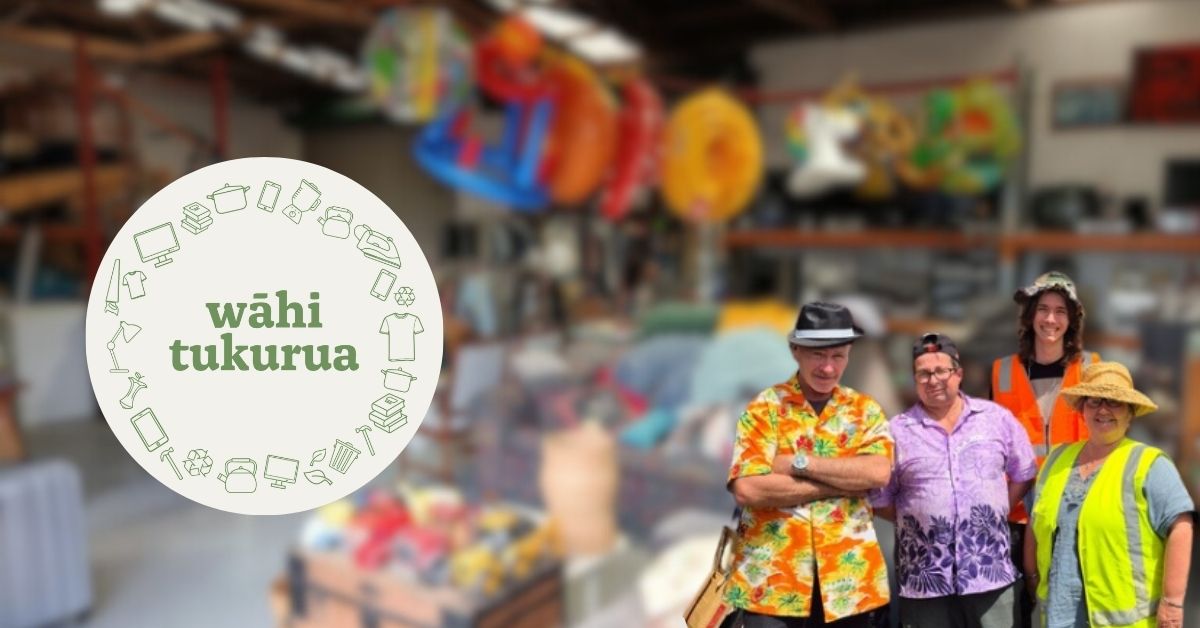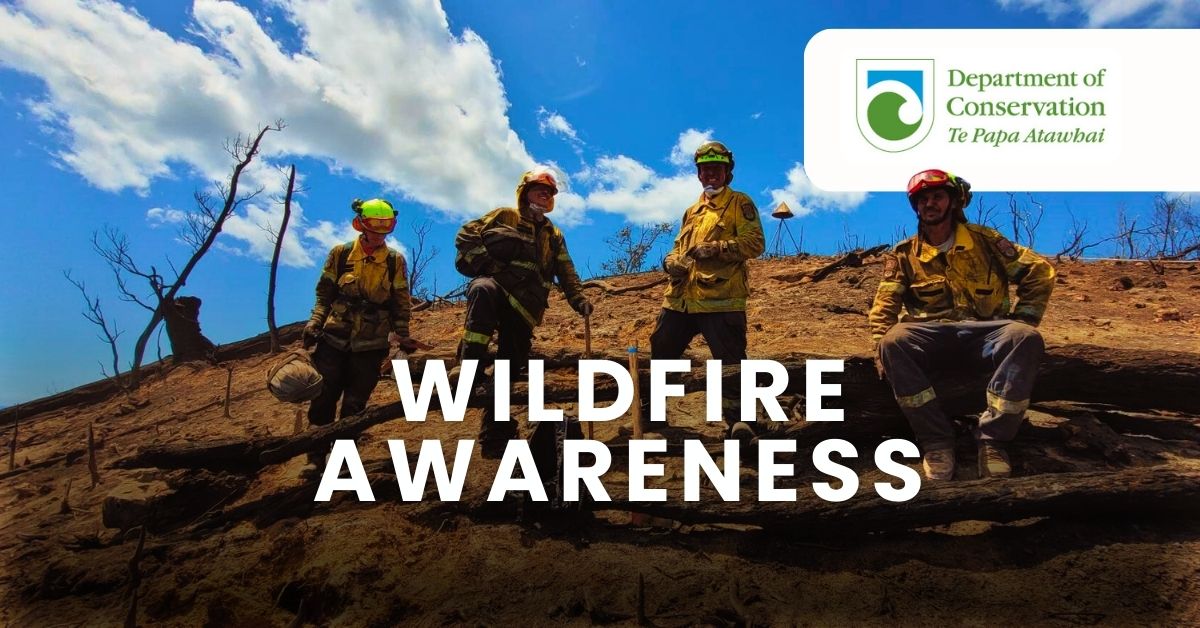
The Global Treasures of Hauraki – Brought to you by the Department of Conservation (DOC)
When you picture New Zealand’s natural wonders, wetlands might not be the first thing that springs to mind.

When you picture New Zealand’s natural wonders, wetlands might not be the first thing that springs to mind.

How much do we know about our native pigeons(Hemiphaga novaeseelandiae – known as kererū)?

Summer brings more people onto Tīkapa Moana / the Hauraki Gulf, one of Aotearoa’s richest marine habitats.

At 239 South Highway, Whitianga, it’s a hive of activity each day as the Wāhi Tukurua team and volunteers are busy rescuing good, usable items from heading to landfill and giving them a fresh start in the community.

The crackle of a campfire might feel like the spirit of summer – but in the wrong place, at the wrong time, it can become the spark that destroys a forest.

When you picture New Zealand’s natural wonders, wetlands might not be the first thing that springs to mind.

How much do we know about our native pigeons(Hemiphaga novaeseelandiae – known as kererū)?

Summer brings more people onto Tīkapa Moana / the Hauraki Gulf, one of Aotearoa’s richest marine habitats.

At 239 South Highway, Whitianga, it’s a hive of activity each day as the Wāhi Tukurua team and volunteers are busy rescuing good, usable items from heading to landfill and giving them a fresh start in the community.

The crackle of a campfire might feel like the spirit of summer – but in the wrong place, at the wrong time, it can become the spark that destroys a forest.